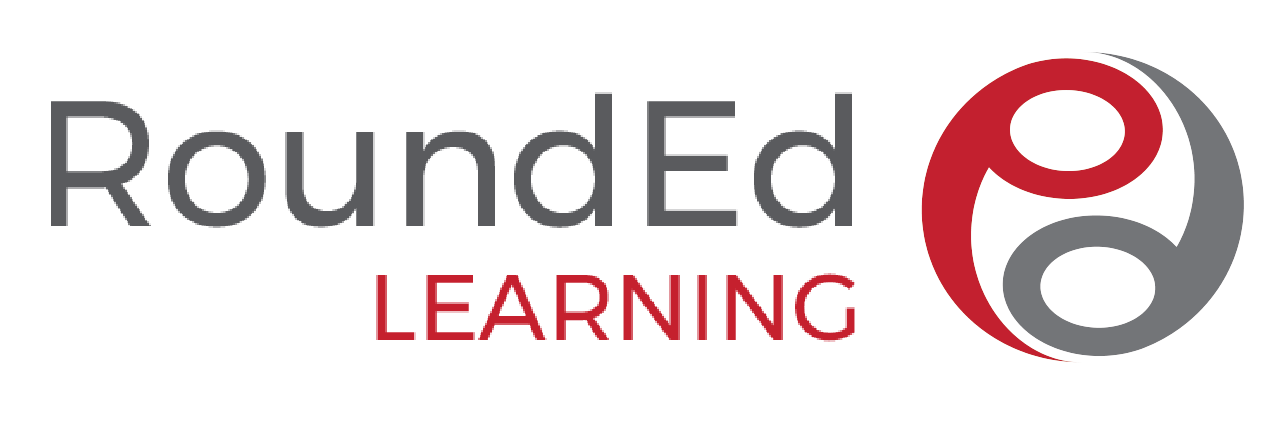Teach and Learn
In ProblemScape, the student is asked to teach a character in the game how to solve problems.
Learning by teaching is not a novel concept and multiple studies spread over many decades show evidence for improved learning for the tutor as well as for the tutees under the right conditions. Trying to teach can expose gaps in our understanding and when we make the effort to fill those gaps, it is reasonable to think that we will end up with a better understanding. In a review of studies of peer tutoring, Roscoe and Chi (2007) describe how ‘explaining’ can help tutors improve the organization and accessibility of their knowledge.
“Generating coherent explanations that are internally consistent and follow a natural progression of ideas may require tutors to reorganize their own disjointed mental models by forming or rearranging connections among concepts.”
It goes without saying that for this enhanced understanding to happen, the tutor should have the ability to metacognitively monitor their own understanding. It is quite possible that the tutor is unable to critically assess their knowledge, in which case there is no room for reflective knowledge building. This leads to the rationale for another component of the Teachpad, in which the student can actually see the character in the virtual world use what they have learned to solve a problem on their own.
Recursive feedback, where the tutors can observe their pupils use what they have been taught, has been studied by Okita and Schwartz (2013). In both their studies, one in which adults taught another adult face to face about human biology, and another in which high school students taught a computer agent, the participants who observed their pupil use what they learned to answer some questions or play a game, exhibited superior learning relative to individuals who didn’t get recursive feedback. Including this recursive feedback in the Teachpad will help to increase students’ learning beyond what they would get from just teaching the characters in the game.
Reference
Roscoe, R. D., & Chi, M. T. H. (2007). Understanding tutor learning: Reflective knowledge-building and knowledge-telling in peer tutors’ explanations and questions. Review of Educational Research, 77, 534–574.
Sandra Y. Okita & Daniel L. Schwartz (2013) Learning by Teaching Human Pupils and Teachable Agents: The Importance of Recursive Feedback, Journal of the Learning Sciences, 22:3, 375-412, DOI: 10.1080/10508406.2013.807263
